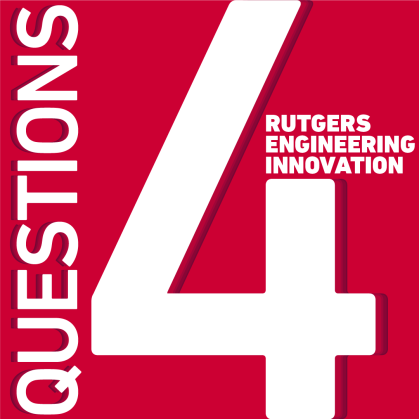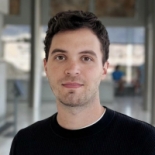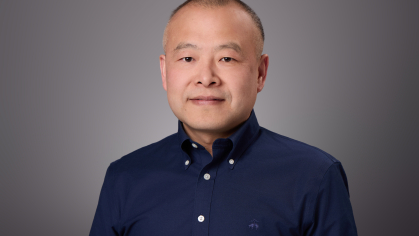Four Questions for Assistant Professor Nikolaos Vlassis
After earning his PhD from Columbia University in 2021, Nick Vlassis – a recipient of the Mindlin Scholarship for is research focused on data-driven methods for solid mechanics and machine learning – continued on as a postdoctoral research scientist. He joined the Department of Mechanical and Aerospace Engineering in 2023 as an assistant professor. His current research group is focused on integrating computational solid mechanics principles with advances in AI.

Four Questions for Assistant Professor Nikolaos Napoleon Vlassis
What fueled your passion for Mechanical and Aerospace Engineering?
I was drawn to MAE to pursue the transformative possibilities offered by contemporary computational mechanics. Merging established engineering concepts with the advancements of AI presented a frontier of boundless potential I was eager to explore.
Where are you conducting your research?
I’m working in the mech[Ai] – Computational Mechanics and Artificial Intelligence Lab, where our primary aim is to introduce novel machine learning methodologies to address engineering challenges, such as sustainable manufacturing, and the conceptualization and modeling of innovative materials. One of our current endeavors is to mass-generate digital twins and realistic synthetic datasets of complex materials to overcome the limit of data availability in engineering. Our work is predominantly computational, which gives us flexibility in our research approach.
Who is most likely to benefit from your research?

Modern engineers striving to push the boundaries of material design and modeling will benefit greatly from our research. We are crafting tools that empower them to surpass traditional human modeling and design capacities using state-of-the-art AI techniques, while remaining anchored to foundational engineering principles.
Rather than starting from scratch every time a novel material or behavior comes into focus, our AI-driven metamodels – models of models – can automatically propose model and design candidates. This automation in scientific discovery not only enhances efficiency, but also ensures that the engineering community remains on the cutting edge in the realm of complex materials such as architected materials and meta materials.
What do you most enjoy about your department and the School of Engineering?
I’ve genuinely enjoyed my time in the MAE department and the school. What stands out to me is how the institution, while laying a strong foundation in theoretical studies, actively encourages students to embrace innovation. I admire the emphasis on applied experiences, whether through participation in clubs or becoming integral members of the research communities.


